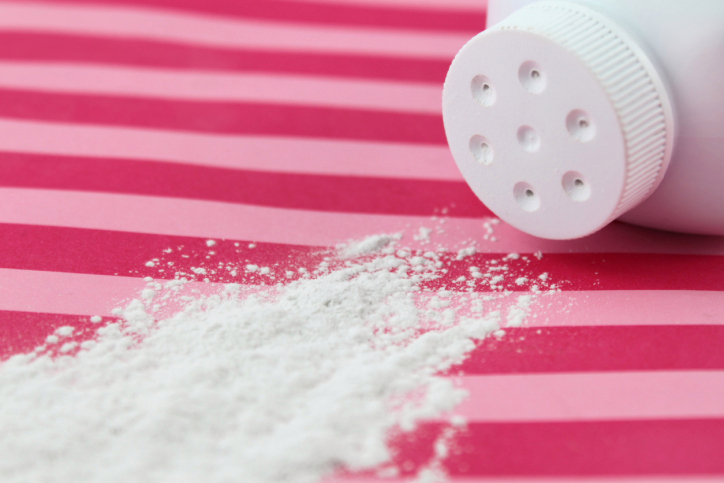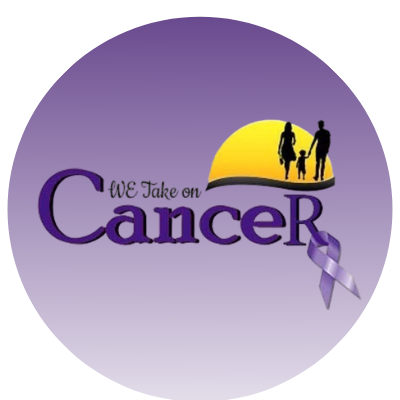Johnson’s Baby Powder is a household favorite among babies and adults, but recent news has women revisiting horrific claims that are far from brand new. A Missouri jury recently awarded $72 million in damages to the family of Jackie Fox, an Alabama woman who died at age 62 of ovarian cancer in October 2015. Fox’s family believes the cancer was caused by her regular use of the popular Johnson & Johnson brand powder and other products containing talcum.
“It just became second nature, like brushing your teeth,” said Fox’s son, Marvin Salter, of his mother’s use and trust of the product. “It’s a household name.”
READ: Silent Killer: What Black Women Must Know About Ovarian Cancer
Johnson & Johnson was found guilty of negligence in a 10-2 jury vote for failure to warn consumers about potential risks of its products.
According to the American Cancer Society, approximately 22,000 women will be diagnosed with ovarian cancer this year, with about 14,000 likely to die this year from it.
Among the many risk factors for ovarian cancer, the American Cancer Society also lists talcum powder:
It has been suggested that talcum powder applied directly to the genital area or on sanitary napkins may be carcinogenic (cancer-causing) to the ovaries. Some, studies suggest a very slight increase in risk of ovarian cancer in women who used talc on the genital area. In the past, talcum powder was sometimes contaminated with asbestos, a known cancer-causing mineral. This might explain the association with ovarian cancer in some studies. Since the 1970s, however, body and face powder products have been required by law to be asbestos-free. Proving the safety of these newer products will require follow-up studies of women who have used them for many years. There is no evidence at present linking cornstarch powders with any female cancers.
What Is Talc?
It is estimated that up to 40% of women today may use talc at least occasionally. Talc is a naturally occurring mineral made of magnesium, silicon, oxygen and hydrogen. It is commonly used in cosmetics and personal care products – like talcum powder (“baby powder”) – to absorb moisture, which is what many people also use the product for to keep skin dry and prevent rashes.
READ: The 6 Types of Ovarian Cysts
A possible link between talcum powder and cancer has been suspected since the early 1970s. British researchers found talc particles “deeply embedded” in 10 of the 13 ovarian tumors they studied.
The investigative watchdog group FairWarning, reported:
In 1982, the journal Cancer published the first study showing a statistical link between genital talc use and ovarian cancer. The lead author, Dr. Daniel Cramer, a gynecologist and Harvard Medical School professor, recently co-authored a new study that found a 33 percent higher rate of ovarian cancer among women who used talc for feminine hygiene.
The highest risk was for women who used talc powder the longest. Altogether, about 20 epidemiological studies have found increased rates of ovarian cancer risk for women who reported using talc for hygiene purposes, though other studies have found no association.
In an interview with FairWarning, Fox’s son, Marvin Salter, said, “Obviously, the final outcome is something that my mother wanted.” He said, “It really wasn’t about the damages that were awarded,” but creating “awareness around this issue that has been suppressed for so many years by Johnson & Johnson.”
Proper Vaginal Care
Although there may not be any studies to date that prove a causal relationship between talcum powder and ovarian cancer, where there is smoke there is likely fire. The vagina does not require harsh chemicals to remain so fresh and so clean. Many health professional advise against douching, as well as perfumed soaps and powders. Improving your diet can also have a positive effect on your vaginal health.
Originally Posted on Blackdoctors.org


